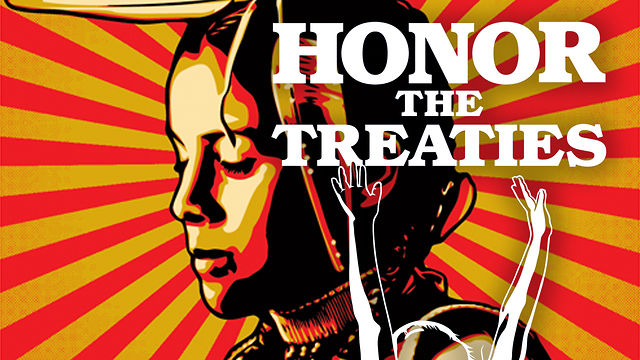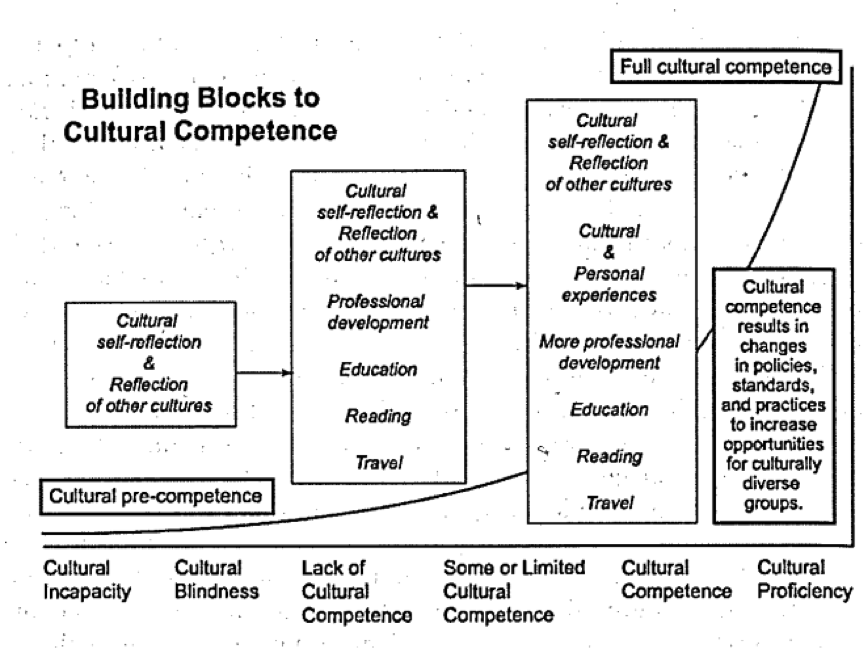After 24 years of education, 11 in higher education, I am just now becoming aware of American Indian sovereignty. I’m finally beginning to see that the United States is a country whose territorial borders also include sovereign tribal nations. Or,
Grasping Sovereignty


